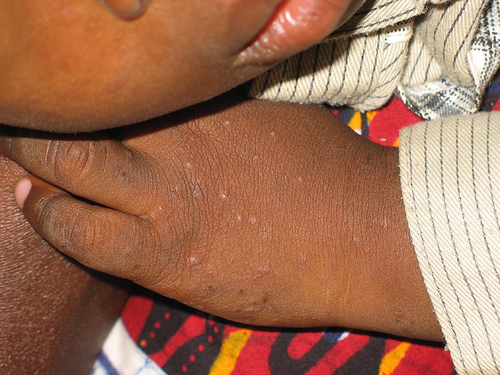Human Research Ethics Online Training
II. A Brief History of Research Ethics Violations and Regulation
Controversy Over Art in Africa
Briefly: in the early 1990s, clinical trials were undertaken in several developing countries (mostly in Africa) to test how anti-retroviral therapy could be used to reduce mother-to-child transmission of HIV. While the clinical trials were underway, a particular treatment regimen (ACTG 076) was found to be effective in reducing mother-to-child transmission of HIV. However, the drug regimen was expensive and required multiple interventions from health care workers.
Because the drug and the health-care costs were so expensive, most of the trials that were studying how to reduce perinatal (mother-to-child) transmission of HIV used a placebo. The justification was that it was too expensive to provide the proper regimen of ACTG 076 in developing countries.
But in the United States, where there were two ART trials, both trials gave all HIV-positive patients access to anti-retroviral drugs, and no one received a placebo.
An editorial published in the prestigious New England Journal of Medicine argued that "most of these trials are unethical and will lead to hundreds of preventable HIV infections in infants." [1]
[1] Peter Lurie and Sidney M. Wolfe, 1997. "Unethical trials of interventions to reduce perinatal transmission of the human immunodeficiency virus in developing countries." The New England Journal of Medicine 337(12):853-856. See also Marcia Angell, 1997, "The ethics of clinical research in the Third World," The New England Journal of Medicine 337(12):847-849.
 Picture of a common rash encountered on HIV-positive children at a hospital in Jos, Nigeria.Photo by Mike Blyth. Copyright Creative Commons, some rights reserved.
Picture of a common rash encountered on HIV-positive children at a hospital in Jos, Nigeria.Photo by Mike Blyth. Copyright Creative Commons, some rights reserved.

